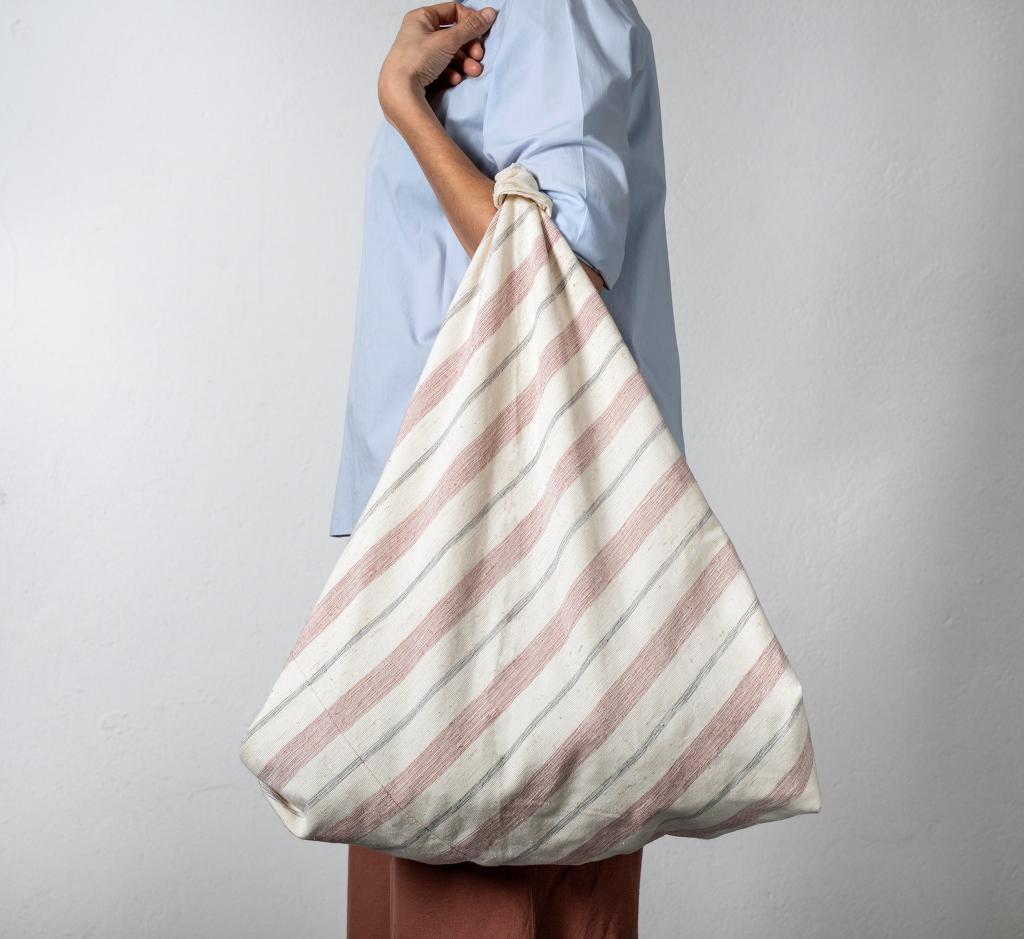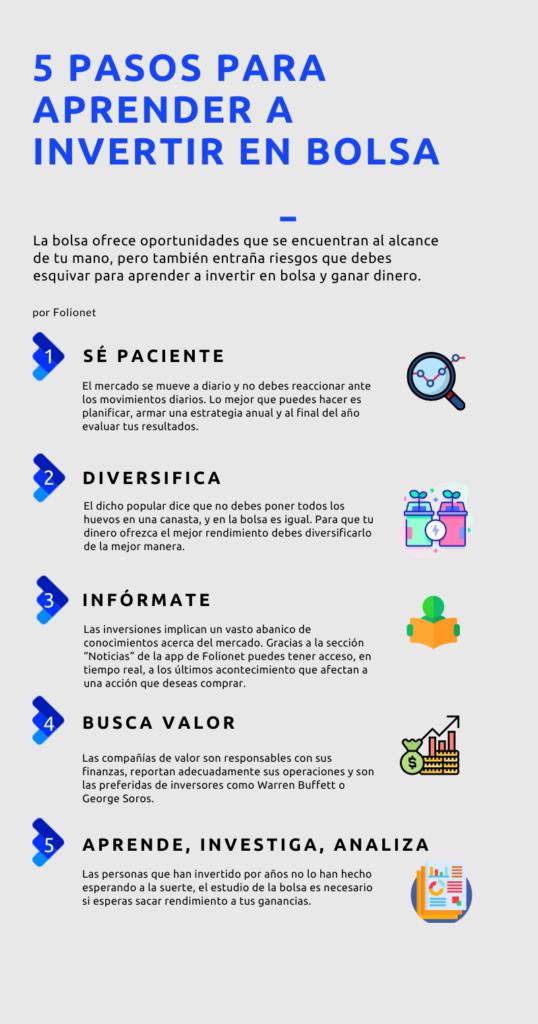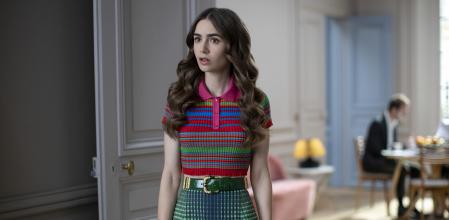Sugarcane waste turned into sustainable bags with a social soul
The fashion industry surprises from time to time with innovative proposals. And an example of this is Kanya, a Philippine firm with a social and sustainable soul that converts sugar cane residue into bags made by hand by farmers.
In Batangas, in the south of the Philippine island of Luzon, resides a community of peasants dedicated to the cultivation of sugar cane. A temporary job that causes their salaries to be unstable.
"One day I said to myself: how can I help all these people who work six months a year and who have problems because they lack income?" explains Bea Roxas, the woman behind the firm Kanya and who has grown up and lived much of her life surrounded by sugar cane fields in the Philippines.
Her peculiar proposal has turned these peasants into authentic artisans who make a natural and sustainable fabric by hand from bagasse - the residue of sugar cane - which they mix with cotton and is later used to create bags, wallets and accessories. Accessories that now land in Europe.
Kanya - whose meaning in talog, the native language of the Philippines, is "for him" and "for her" - presents a spring summer collection with minimalist and elegant pieces that have a special ingredient, since all the accessories borrow the names of the artisans who participate in its elaboration.
One of its flagship products is the 'Bea' bag that stands out for its modern design and is inspired by Japan, it also has a variety of shades such as bright yellow that transports the colorful and lively atmosphere of the Philippines.

1657 - I'm thankful that the way our family is built makes it harder for our kids to feel alone in most of their struggles.
— Adam Heine Sun Jun 13 23:53:45 +0000 2021
And it is that for this firm, one hundred percent committed to ecology, all the fabric they make must be used, so if there is any leftover fabric they make other types of accessories such as purses or tablecloths. Everything has a life in Kanya.
But reaching the final product has not been a matter of a day, at 68 years old, Roxas says that it has been difficult to develop his project- from convincing the peasants to acquiring the capital-, although he has achieved it, in part, thanks to his "perseverance" and his youthful spirit. "Friends of my age look at me saying: where does this come from? If we are retired taking care of grandchildren," she tells with humor.
This Hispanic-Filipino is a restless and involved person, being a participant in many projects, and from the beginning she has always been linked to social causes, something that is fully shown with Kanya. "I always say that poor Filipinos think: 'as we are poor this is our destiny'. But I tell them no. I want them to be aware that they can believe in themselves," explains Roxas, who clarifies that "if for them (the peasants) this project would not exist".
Hence, everything that they get from sales in Kanya is reinvested to generate wealth in the community and thus thank the Philippines for everything that this land has given Roxas. His interest in sustainability is also a reflection of this work, aware that the burning of bagasse represents a "significant contribution to the emission of carbon monoxide in the atmosphere", he is committed to its alternative use as a fabric, which in addition to being recyclable It is compostable and biodegradable.
On how she sees fashion in the industry, she questions "fast fashion" and the tendency to buy a garment that will only be worn once. "Jane Fonda wore a suit to the Oscars that she had worn before. And it's not a matter of buying yourself something to wear once," she says.
Although Kanya has only been around for a short time - the project materialized in 2018 -, for Bea Roxas her goal is not to turn it into a great firm, but to continue with this proposal that allows improving the lives of peasants and promoting conscious and sustainable fashion. "This is a real project for real people," she stresses.


